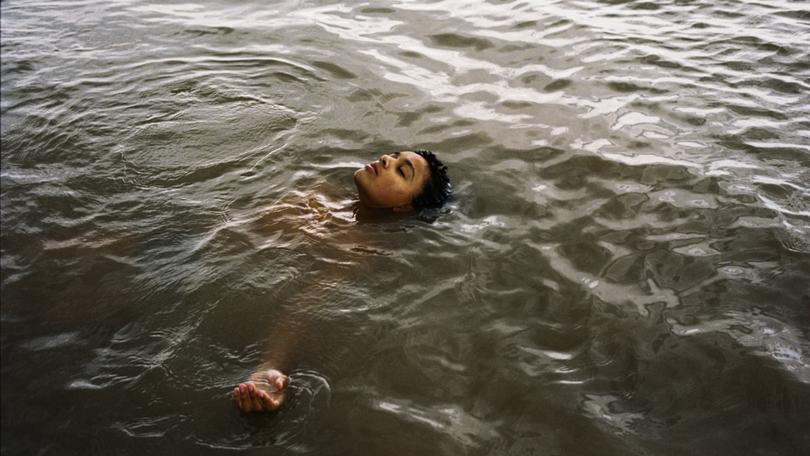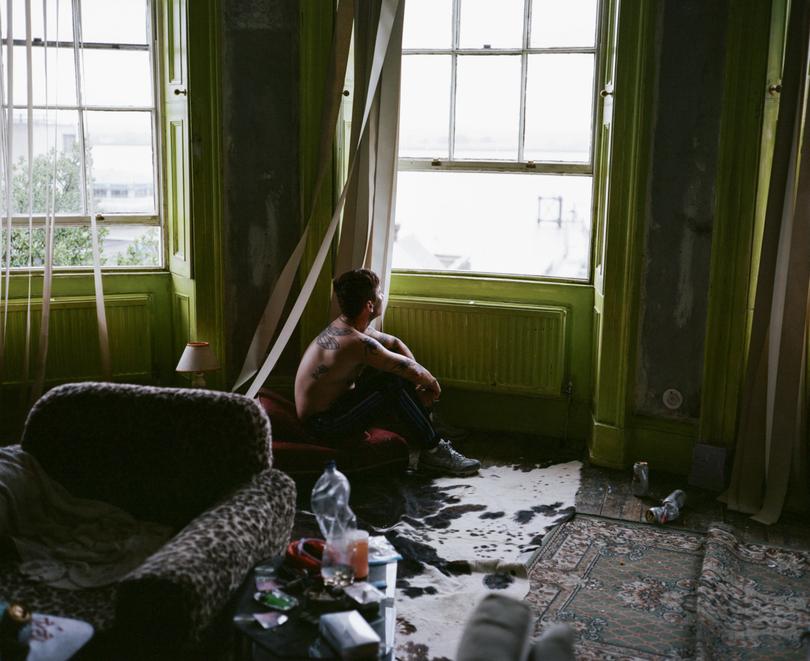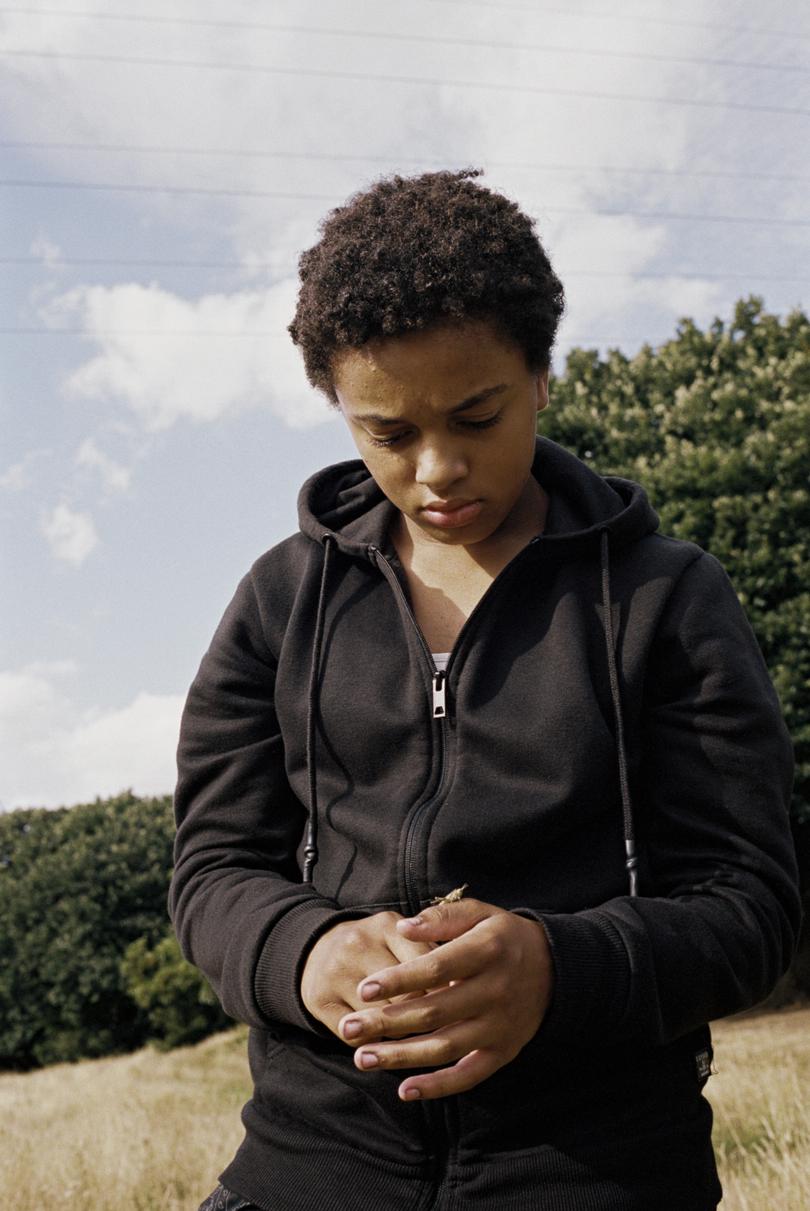Bird review: Andrea Arnold’s dream-like Bird is visually stunning but frustratingly slight
Andrea Arnold is known for her stories about young women from poor backgrounds, giving them compassion and not letting them be defined by their circumstances.

British filmmaker Andrea Arnold doesn’t like to think about grand themes or even story structures. She starts with an image and from there.
The images in her latest film, Bird, are breathtakingly beautiful with the wonderful work by cinematographer Robbie Ryan never failing to capture the audience’s eye. Whether it’s a young girl standing in a field of wildflowers, or the unexpected poetry of a dishevelled squat, there’s no denying that Bird is gorgeous to look at.
That emphasis on the look of it, coupled with a dream-like meandering narrative, is what makes it both distinctly interesting and frustrating. Sometimes, you want something more substantial, more, dare we say it, conventional.
Sign up to The Nightly's newsletters.
Get the first look at the digital newspaper, curated daily stories and breaking headlines delivered to your inbox.
By continuing you agree to our Terms and Privacy Policy.Arnold has carved out a career telling social realist stories about marginalised youths. Of her five features, four have centred a young woman, three from low socioeconomic backgrounds.
In her second film, Fish Tank, it was 15-year-old Mia, who becomes enmeshed in an inappropriate relationship with her mother’s boyfriend, while her best-known work is American Honey, which starred Sasha Lane as a young woman who joins a transient group-selling magazine subscriptions.

She has a knack for getting into the interiority of these characters with a compassion for their circumstances but also hope that their value won’t be determined by other people. Arnold doesn’t allow poverty to define her characters.
But both of those films have clearer through-lines while Bird frequently feels as if we’re in an extended vignette where we’re tagging along for a ride with no beginning, middle or end.
Bailey (Nykiya Adams) is 12-years-old and she lives in a derelict building with her father Bug (Barry Keoghan) and her half-brother Hunter (Jason Buda). Bug springs the news on her that he’s going to marry a woman he’s known for three months and Bailey is having none of it.
Running off, Bailey first hangs with Hunter’s friends, a self-styled vigilante gang, and then she falls asleep in a field where the next morning she meets a man who says his name is Bird (Franz Rogowski).

Bird used to live in the area and he’s searching for the family he lost contact with, so Bailey takes him to see her mother Peyton and her half-sisters, who are being menaced by Peyton’s abusive boyfriend.
On paper, there’s not a lot of joy in Bailey’s world of poverty and violence, but Arnold paints a vivid portrait in where moments of light can exist — a seaside excursion with her sisters, the camaraderie of Hunter and Bug’s friends.
Adams is an entrancing Virgil into this world while Keoghan is magnetic as this dynamic young dad.
There’s a rhythm and music to Bird, an almost anthropological journey into a multifaceted world that can seem, from the outside, to be only darkness and grim cruelty.
But it is still exasperatingly out-of-reach, especially a decision to veer into magical realism that doesn’t gel with the rest of the film. Bird may be dream-like but it didn’t quite know what to do with this left-field swerve.
While it certainly has its virtues, particularly those exquisite visuals, Bird feels like half a movie.
Rating: 3/5
Bird is in cinemas on February 20

